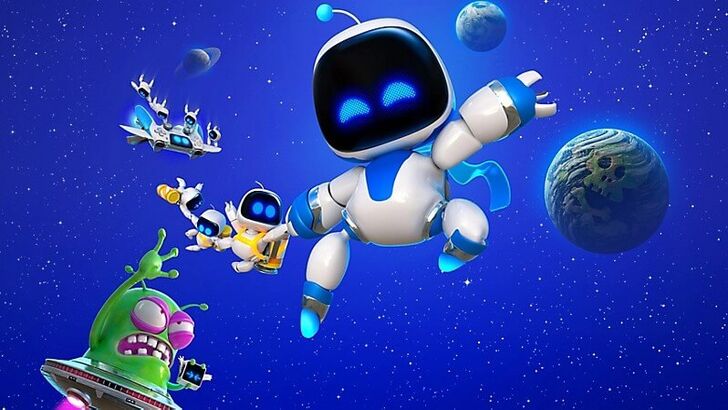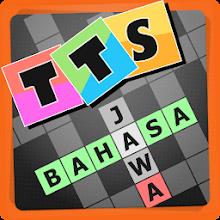
PlayStation Co-CEO Hermen Hulst champions AI's transformative potential in gaming, but emphasizes the irreplaceable value of the "human touch." This article delves into Hulst's perspective on AI's role in the future of PlayStation, following the company's 30th anniversary.
AI: A Powerful Tool, Not a Replacement
Hulst acknowledges AI's capacity to revolutionize game development, streamlining processes and accelerating innovation. However, he firmly asserts that AI will never fully replace the creative ingenuity and emotional depth brought by human developers. This stance comes amidst concerns within the gaming industry regarding AI's potential impact on jobs, particularly in voice acting, where the use of generative AI has sparked recent strikes. A CIST survey reveals that a significant portion (62%) of game studios are already utilizing AI for tasks such as prototyping, asset creation, and world-building.
Hulst envisions a future where AI and human creativity coexist, creating a "dual demand" for both AI-driven innovation and meticulously handcrafted content. PlayStation itself is actively investing in AI research and development, with a dedicated Sony AI department established in 2022. This commitment extends beyond gaming, with plans to expand PlayStation's intellectual property into film and television, exemplified by the upcoming Amazon Prime adaptation of God of War. This broader entertainment strategy might even involve the rumored acquisition of Kadokawa Corporation, a major Japanese multimedia conglomerate.
Lessons from the PlayStation 3 "Icarus Moment"
Former PlayStation chief Shawn Layden reflects on the PlayStation 3's development, describing it as an "Icarus moment"—a period of overly ambitious goals that ultimately led to challenges. The team aimed to create a “supercomputer,” incorporating features beyond core gaming, but this proved too costly and complex. The experience taught them to prioritize the core gaming experience, a lesson that significantly influenced the development of the PlayStation 4, which focused on being the "best game machine of all time." This shift in focus, away from multimedia features and towards a superior gaming experience, proved crucial to the PS4's success.















